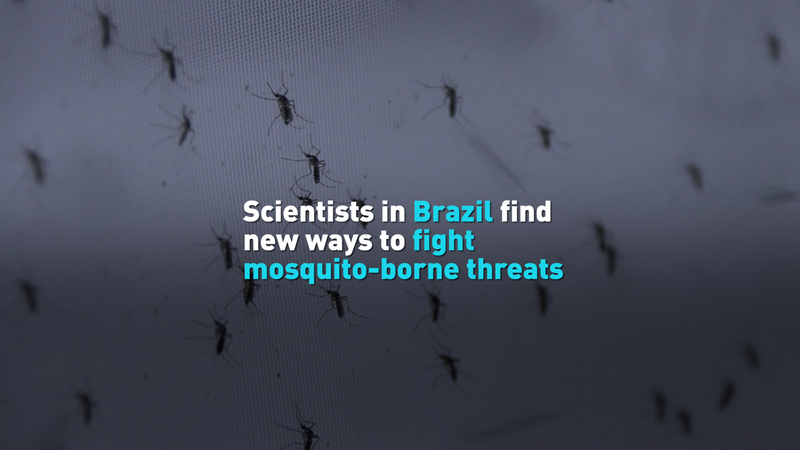The World Health Organization has sounded the alarm on a fresh wave of mosquito-borne diseases racing from the Indian Ocean across Asia. In response, Brazilian scientists have just inaugurated an advanced mosquito breeding facility that promises to reshape how we fight these age-old threats globally.
Housed in the heart of Brazil’s research corridor, the facility offers a high-tech setting where experts breed mosquitoes under controlled conditions. By observing their life cycles, testing innovative control methods, and simulating real-world outbreak scenarios, researchers aim to unlock critical insights into mosquito behavior and disease transmission.
Early work at the center is already yielding valuable data, from environmental triggers of mosquito breeding to the efficacy of novel deterrents. This evidence-based approach could fast-track new strategies to curb cases and save lives, especially in regions on high alert for rising infection rates.
Beyond its scientific mission, the Brazilian hub is designed as a collaborative nucleus, welcoming partners from Asia and other regions most affected by mosquito-borne threats. "Global cooperation is essential," says a lead scientist at the facility. "By sharing knowledge and data in real time, we can build a unified defense against these diseases."
As vector-borne illnesses continue to challenge public health systems worldwide, Brazil’s bold investment in research infrastructure offers a beacon of hope—and a model for international solidarity in safeguarding communities everywhere.
Reference(s):
Scientists in Brazil find new ways to fight mosquito-borne threats
cgtn.com



